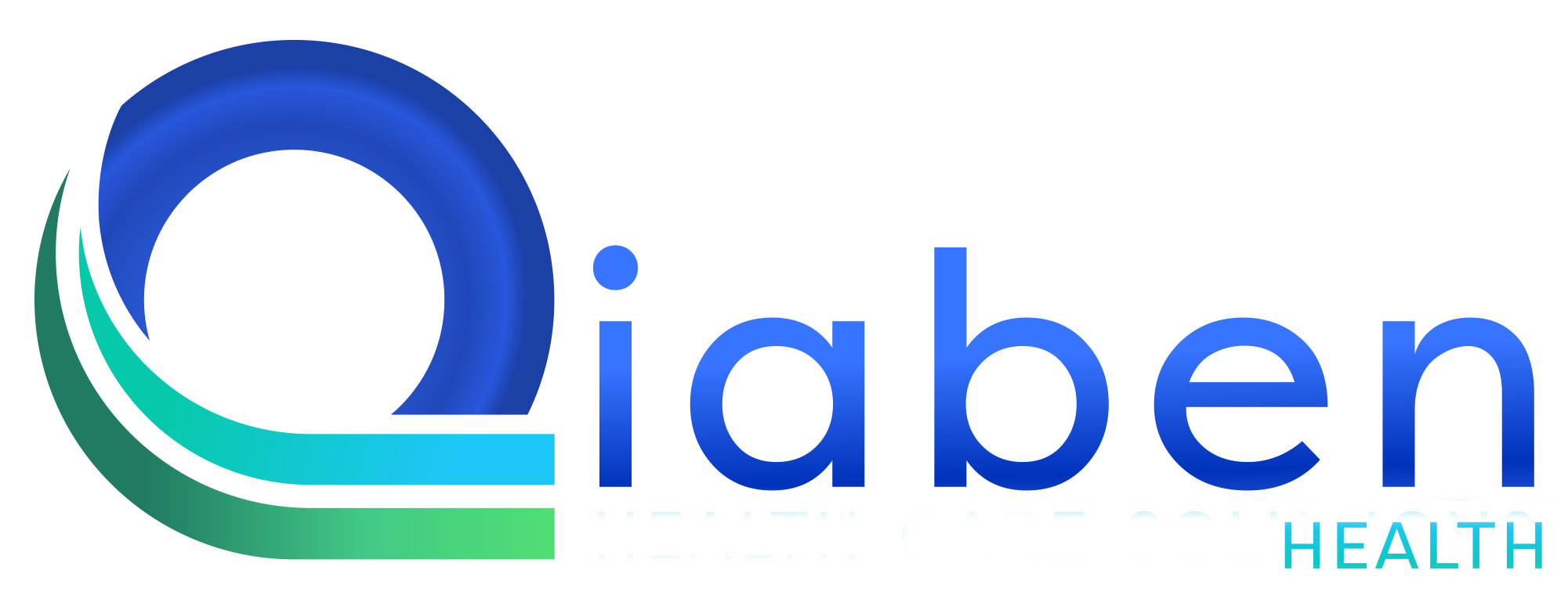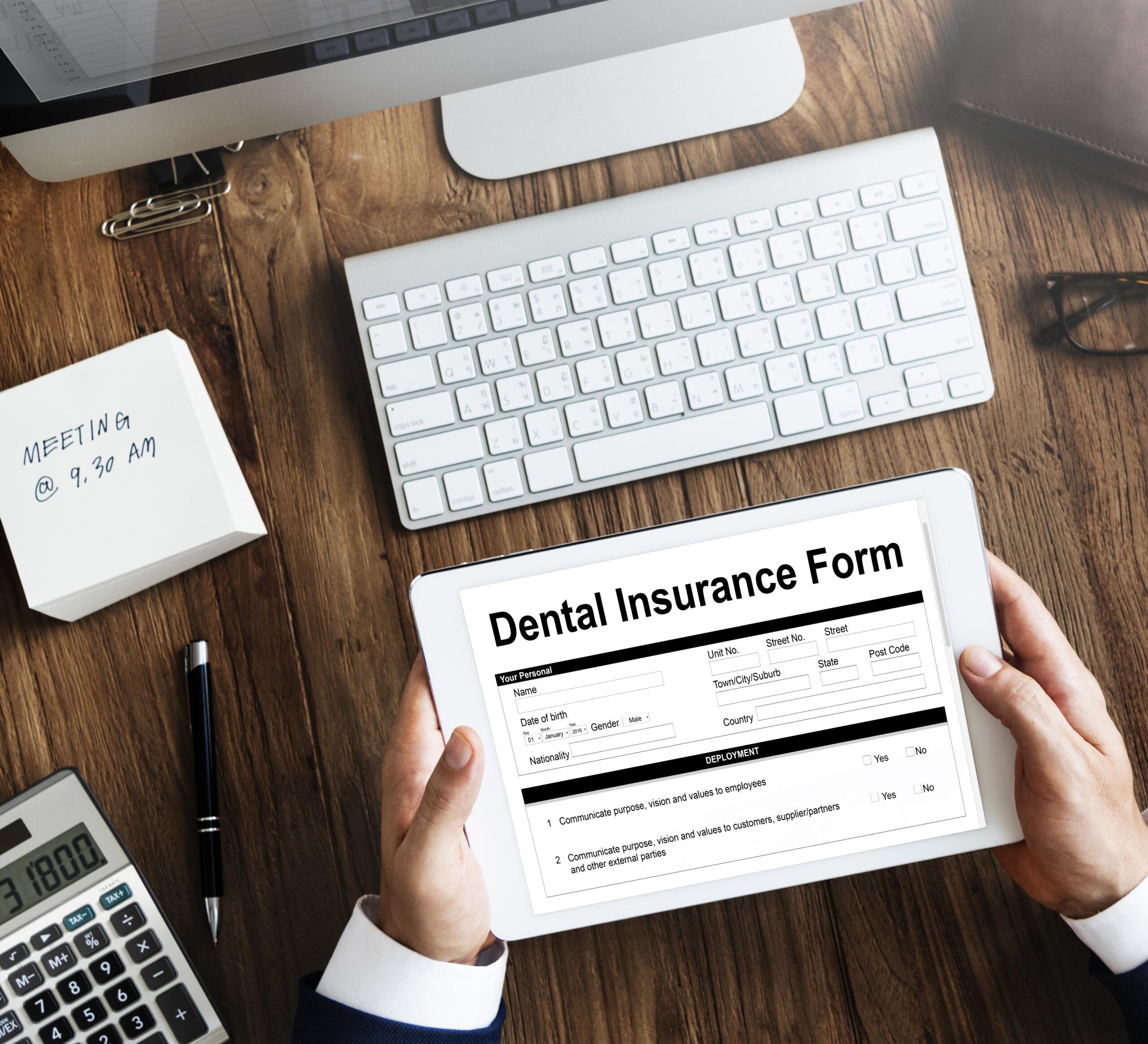HIPAA Compliance Uncovered: The Ultimate Guide to Secure Medical Billing:
Introduction
In today’s digital era, securing patient data in medical billing is more critical than ever. The Health Insurance Portability and Accountability Act (HIPAA) establishes strict guidelines for handling protected health information (PHI). There is a risk of severe penalties, damage to one’s reputation, and legal action if you don’t follow the rules. This guide explores the essentials of HIPAA compliance in medical billing and how healthcare providers can ensure the security of patient information.

Understanding Medical Billing under HIPAA:
There are a few key rules in HIPAA that have an effect on medical billing practices:
Privacy Rule: Regulates the use and disclosure of PHI.
Security Rule: Establishes safeguards for electronic PHI (ePHI).
Enforcement Rule: Governs investigations and penalties for violations.
Breach Notification Rule: Mandates reporting of data breaches to affected parties and authorities.
Common HIPAA Compliance Challenges in Medical Billing:
Inadequate Data Security Measures: Many healthcare organisations lack secure storage for patient data, strong encryption, and firewall protections.
Lack of Employee Training: Staff unfamiliar with HIPAA regulations can unintentionally expose sensitive information.
Improper Data Sharing: Unauthorised sharing of PHI, whether intentional or accidental, is a major compliance risk.
Failure to Conduct Risk Assessments: Regular security assessments are necessary to identify and fix vulnerabilities.
Third-Party Vendor Risks: Billing service providers must also comply with HIPAA regulations to avoid indirect liability.
Best Practices for HIPAA-Compliant Medical Billing:
1. Implement Strong Security Measures
- Encrypt all stored and transmitted patient data.
- Use multi-factor authentication for system access.
- Regularly update software and security patches.
2. Conduct Employee Training
- Staff should be taught about security procedures and HIPAA regulations.
- Educate employees on recognising phishing and cyber threats.
- Limit PHI access based on job roles.
3. Utilise Secure Billing Software
- Select billing platforms that comply with HIPAA and incorporate encryption.
- Ensure software vendors sign Business Associate Agreements (BAAs).
- Conduct periodic audits of billing system security.
4. Regular Risk Assessments
- Perform HIPAA security risk assessments annually.
- Identify and address potential vulnerabilities.
- Develop an incident response plan for data breaches.
5. Clearly define data handling procedures
- Restrict PHI access to authorised personnel only.
- Avoid using personal devices to access patient data.
- Implement strict data disposal procedures for old records.
Consequences of violating HIPAA Failure to adhere to HIPAA can result in:
- Financial Penalties: Fines range from $100 to $50,000 per violation, with a maximum annual penalty of $1.5 million.
- Repercussions from the law include lawsuits and criminal charges for willful neglect.
- Patient dissatisfaction as a result of lost confidence in the healthcare provider.
Conclusion:
HIPAA compliance in medical billing is unchangeable. To execute proper authentication and train the employee, using HIPAA software to maintain proper exams and secure the patient information to neglect the rejections. Giving more importance to compliance not only for maintaining patient information but also to boost the medical billing.








